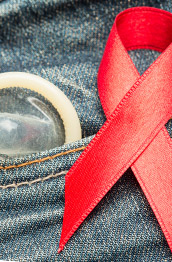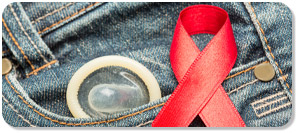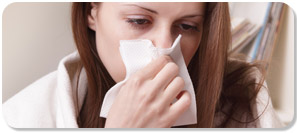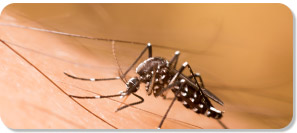TRANSMITTED
DISEASES

The sexually transmitted diseases (STD) are transmitted, most of all, through sexual intercourse without the use of condom with a person that is already infected. Among the best known are gonorrhea and syphilis, besides, obviously, Aids.
Caused by HIV (human immunodeficiency virus that attacks the immunological system, responsible for protecting the body from diseases), Aids can be transmitted through many ways (the use of a contaminated syringe or needle, or a blood transfusion, for example), but, most of all, through sex (vaginal, anal or oral) without using a condom.
To avoid sexually transmitted diseases, use condom in every intercourse and don’t share syringes, needles and other cutting objects.
What to do in case of unprotected intercourse
Prevention is the best option, but for exceptional situations there is PEP (Post-Exposure Prophylaxis), the prevention measure which consists on using medicines (cocktail) within 72 hours after exposure, in order to reduce the risk of contracting HIV (the Aids virus). It is indicated after unprotected sex or when the use of condom fails – tearing, for example – during the intercourse.
The risk of contamination increases if the sexual exposure occurs with someone who already has HIV or with population segments more vulnerable to the virus – drug users, sex professionals, a man who has sex with another man, for example. But, attention: only a health-care professional will be able to evaluate your risk and if there is an indication for PEP!








